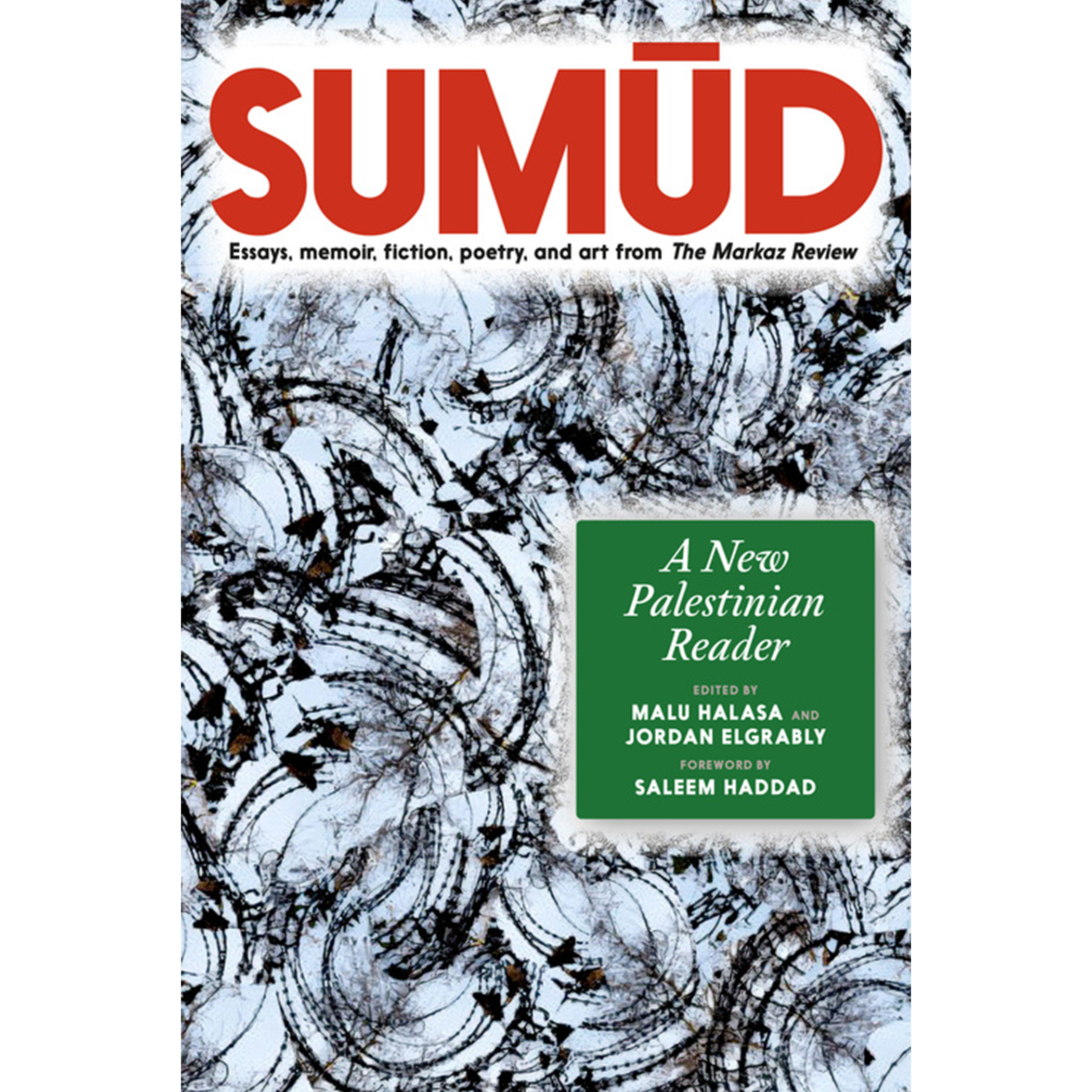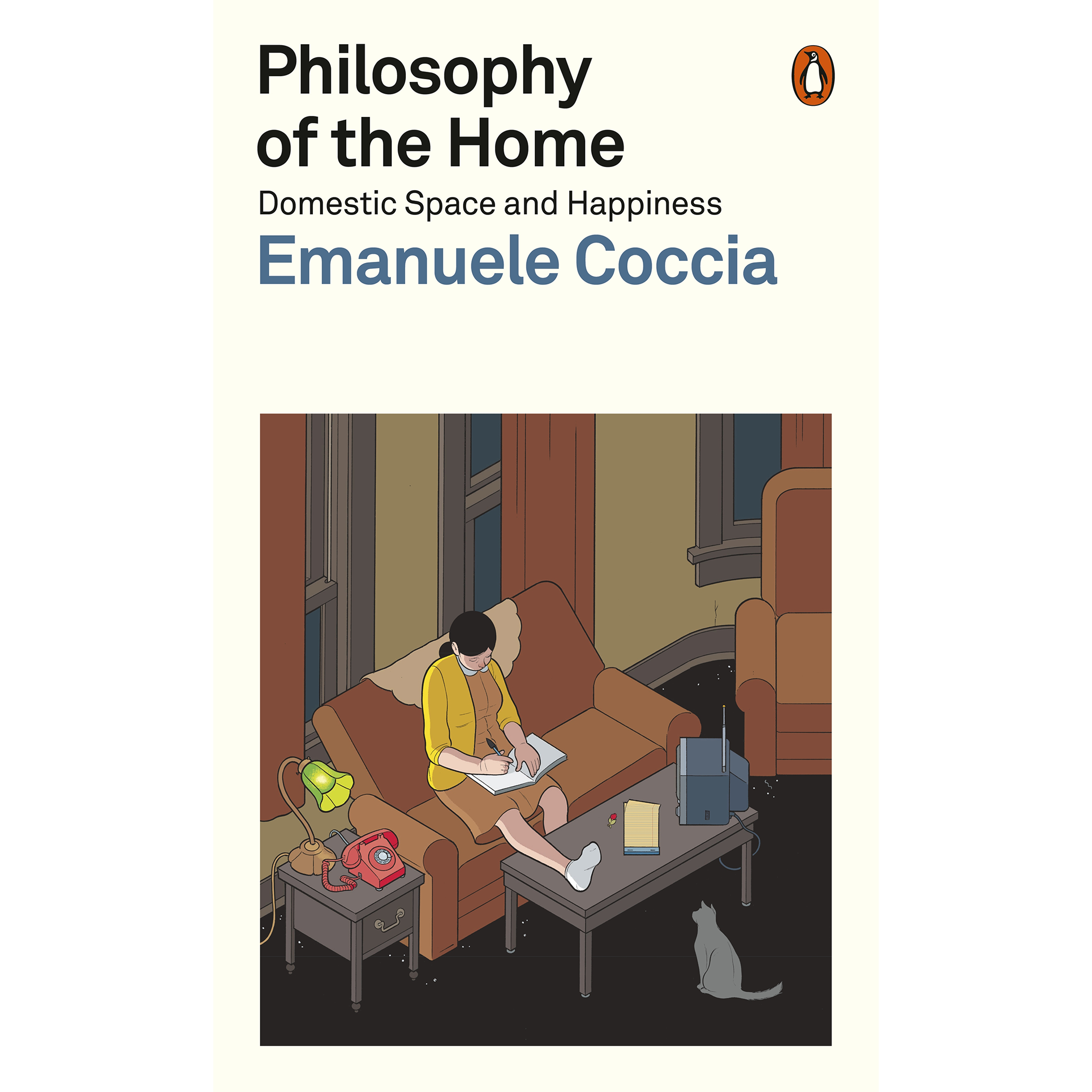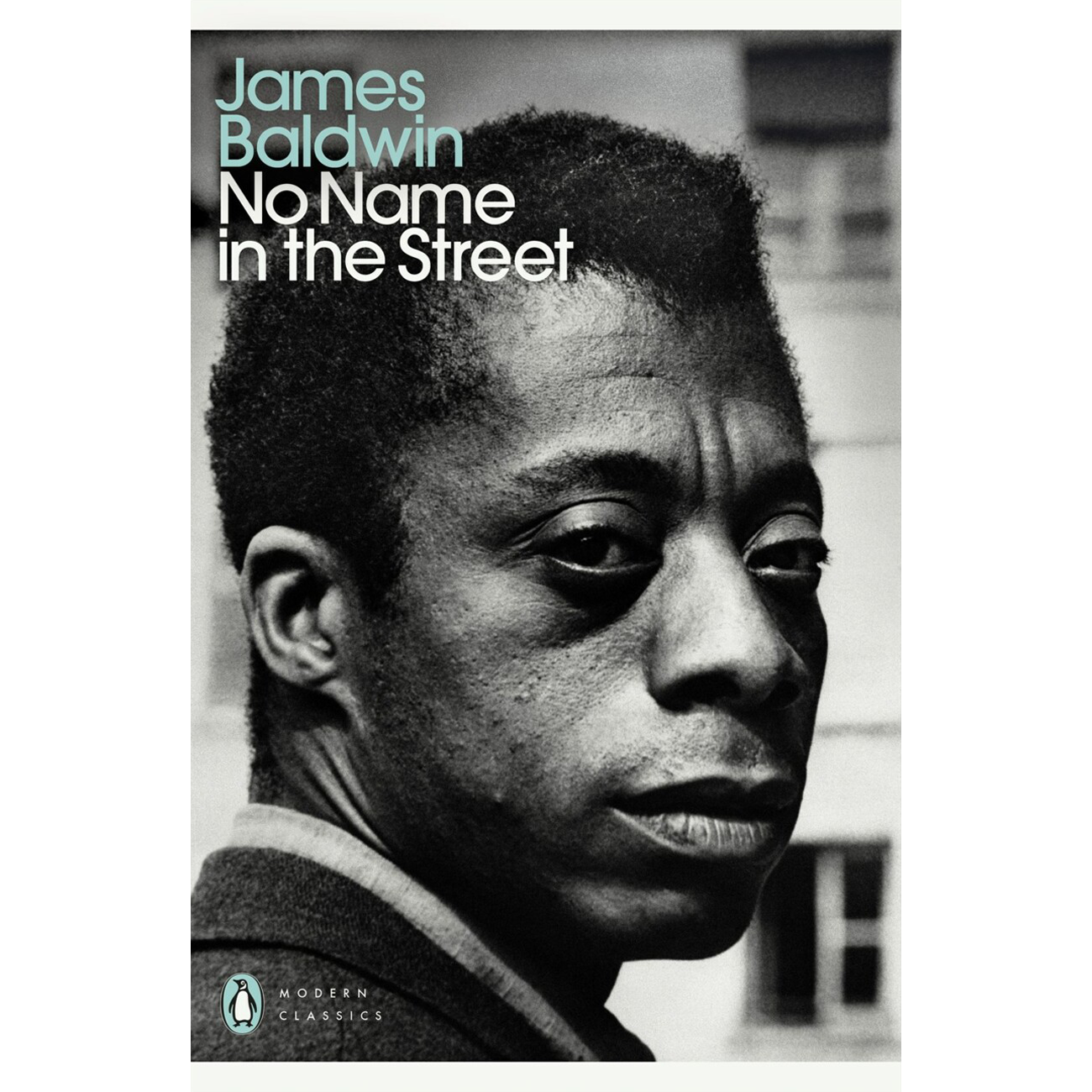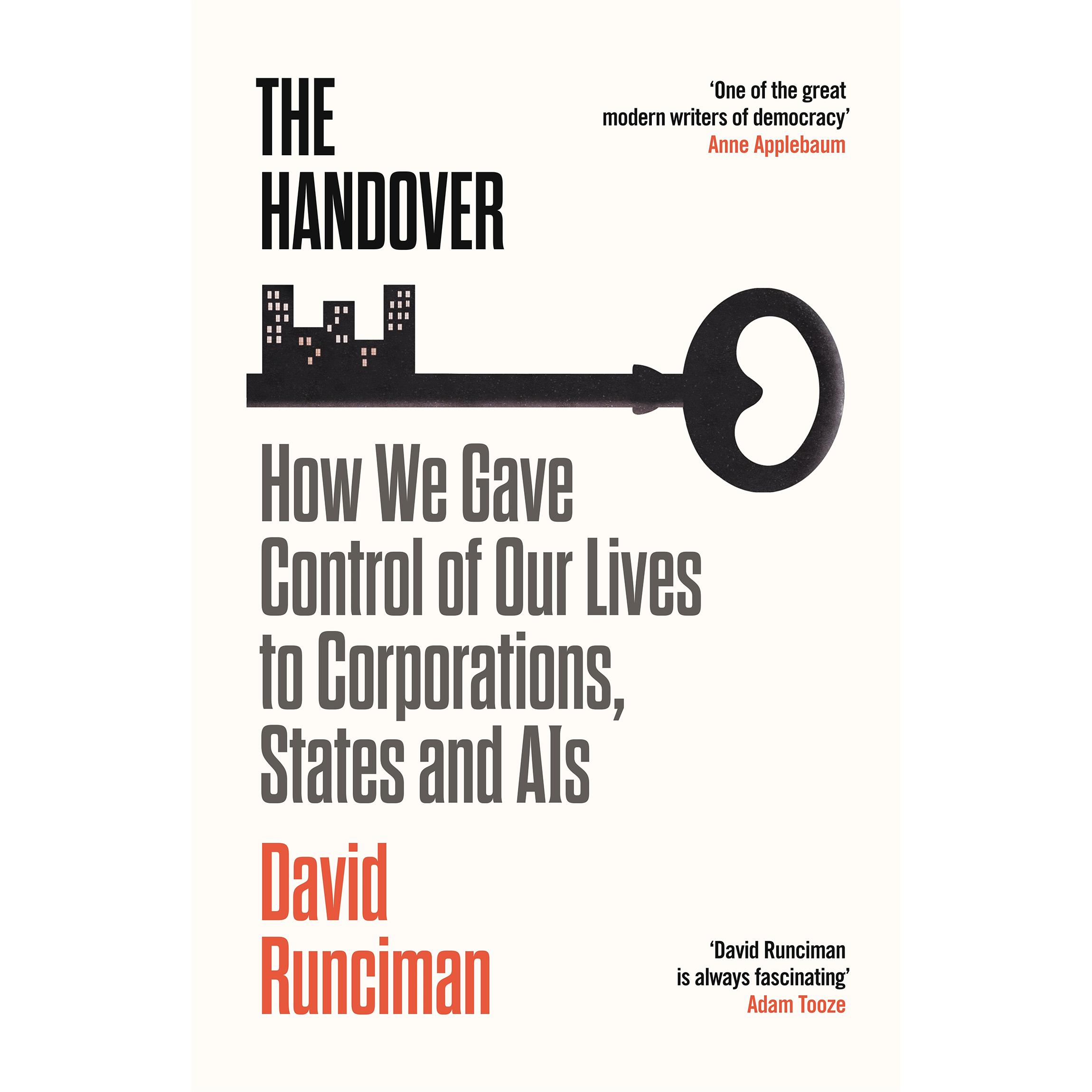 Image 1 of
Image 1 of


Sumud
Sumud: A New Palestinian Reader - Essays, memoir, fiction, poetry, and art from The Markaz Review | Edited by Jordan Elgrably & Malu Halasa
The Arabic word sumūd is often loosely translated as “steadfastness” or “standing fast.” It is, above all, a Palestinian cultural value of everyday perseverance in the face of Israeli occupation. ‘Sumūd’ is both a personal and collective commitment; people determine their own lives, despite the environment of constant oppressions imposed upon them.
In times of devastation, poetry, literature, and art are the mediums through which oppressed peoples reveal cherished aspects of their existences and remain defiant in the fight for self-determination. Sumūd: A New Palestinian Reader honors the Palestinian spirit and its power in the face of dispossession and war. When governments around the world enable the genocide of a people and the dilapidation of a sacred homeland, the Palestinian people stand fast and resist. The fifty-eight contributions in this collection remind readers that just as love perseveres, so do the Palestinians, and their struggles and triumphs.
The essays, stories, poetry, art and personal narrative collected in Sumūd: A New Palestinian Reader is a rich riposte to those who would denigrate Palestinians’ aspirations for a homeland. It also serves as a timely reminder of culture’s power and importance during occupation and war.
Sumud: A New Palestinian Reader - Essays, memoir, fiction, poetry, and art from The Markaz Review | Edited by Jordan Elgrably & Malu Halasa
The Arabic word sumūd is often loosely translated as “steadfastness” or “standing fast.” It is, above all, a Palestinian cultural value of everyday perseverance in the face of Israeli occupation. ‘Sumūd’ is both a personal and collective commitment; people determine their own lives, despite the environment of constant oppressions imposed upon them.
In times of devastation, poetry, literature, and art are the mediums through which oppressed peoples reveal cherished aspects of their existences and remain defiant in the fight for self-determination. Sumūd: A New Palestinian Reader honors the Palestinian spirit and its power in the face of dispossession and war. When governments around the world enable the genocide of a people and the dilapidation of a sacred homeland, the Palestinian people stand fast and resist. The fifty-eight contributions in this collection remind readers that just as love perseveres, so do the Palestinians, and their struggles and triumphs.
The essays, stories, poetry, art and personal narrative collected in Sumūd: A New Palestinian Reader is a rich riposte to those who would denigrate Palestinians’ aspirations for a homeland. It also serves as a timely reminder of culture’s power and importance during occupation and war.
Sumud: A New Palestinian Reader - Essays, memoir, fiction, poetry, and art from The Markaz Review | Edited by Jordan Elgrably & Malu Halasa
The Arabic word sumūd is often loosely translated as “steadfastness” or “standing fast.” It is, above all, a Palestinian cultural value of everyday perseverance in the face of Israeli occupation. ‘Sumūd’ is both a personal and collective commitment; people determine their own lives, despite the environment of constant oppressions imposed upon them.
In times of devastation, poetry, literature, and art are the mediums through which oppressed peoples reveal cherished aspects of their existences and remain defiant in the fight for self-determination. Sumūd: A New Palestinian Reader honors the Palestinian spirit and its power in the face of dispossession and war. When governments around the world enable the genocide of a people and the dilapidation of a sacred homeland, the Palestinian people stand fast and resist. The fifty-eight contributions in this collection remind readers that just as love perseveres, so do the Palestinians, and their struggles and triumphs.
The essays, stories, poetry, art and personal narrative collected in Sumūd: A New Palestinian Reader is a rich riposte to those who would denigrate Palestinians’ aspirations for a homeland. It also serves as a timely reminder of culture’s power and importance during occupation and war.





